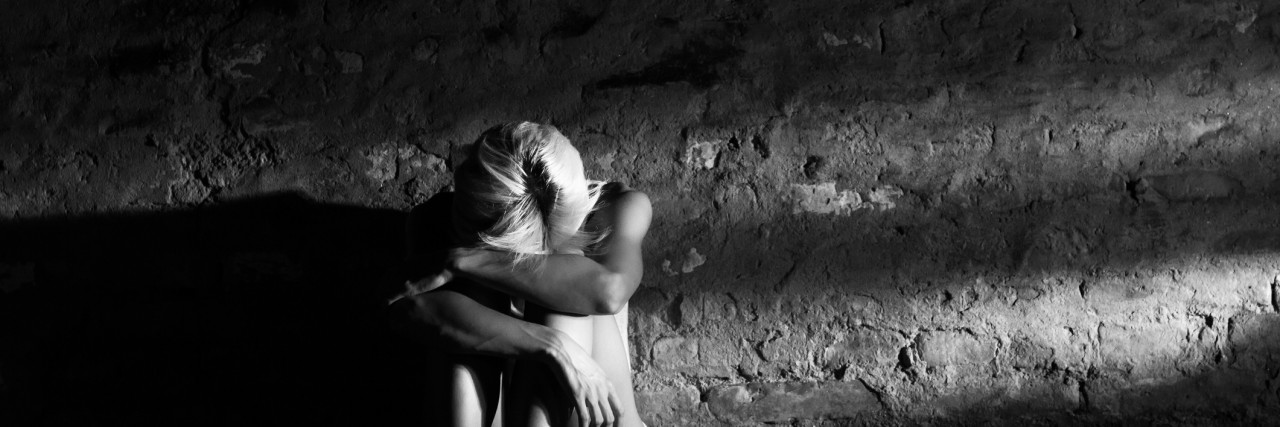Intrusive thoughts can be the scariest part of living with obsessive-compulsive disorder (OCD). Life-interruptingly frightening. But you do not need to fear them. Easier said than done, I know. From experience. I have had OCD for as long as I can remember, and during my darkest times, intrusive thoughts led me on a vicious cycle of fear, panic attacks, and eventually suicidal thoughts. My worst fear was of hurting someone else, and those vivid, awful thoughts used to have the power to freeze me with fear. They are real, and they are no joke, but they do not need to control your life. Here are some ways to deal, from someone who’s been there:
1. Remember the key word: intrusive. Do you want an intruder to come into your home? No, of course not. An intruder is unwelcome. So are intrusive thoughts. If a thought scares you, it means you do not want to act on it. It means it is not a part of you. These thoughts do not define you. They are not who you are. In fact, you most likely are more empathetic and compassionate than the average person, which is what makes the intrusive thoughts so scary. You are not a bad person. You are not a monster. And these thoughts have no power over your actions.
2. You cannot control them, but you can choose to let them float on by. A person with OCD can no more control their intrusive thoughts than they can control birds flying overhead. Which can actually be rather freeing once you embrace it. The birds will fly by, so let them. Just try not to reach up and catch one and stuff it in a cage. Once you really believe the thoughts do not define your character, they can start to lose power, and it can get easier and easier to let them pass by without causing unnecessary distress.
3. Talk to someone. Another way to strip intrusive thoughts of their power? Tell someone you trust. This is scary, I know, but sometimes just speaking your darkest fears out loud helps them dissipate in the light of day. I would highly recommend starting by talking to a therapist who has experience with treating OCD. They will reassure you that you are not, in fact, “crazy,” or evil, or dangerous, and that you will be OK.
OCD can be a frightening mental illness to face, but you don’t have to face it alone. Through honest therapy and medication, I can now say that intrusive thoughts have completely lost their power over me. I am more free now than I have ever been in my life. You, dear one, are a good person. You are not “crazy.” You are going to be OK.
If you or someone you know needs help, visit our suicide prevention resources page.
If you need support right now, call the Suicide Prevention Lifeline at 1-800-273-8255.
We want to hear your story. Become a Mighty contributor here.
Photo by Zoran Zeremski

